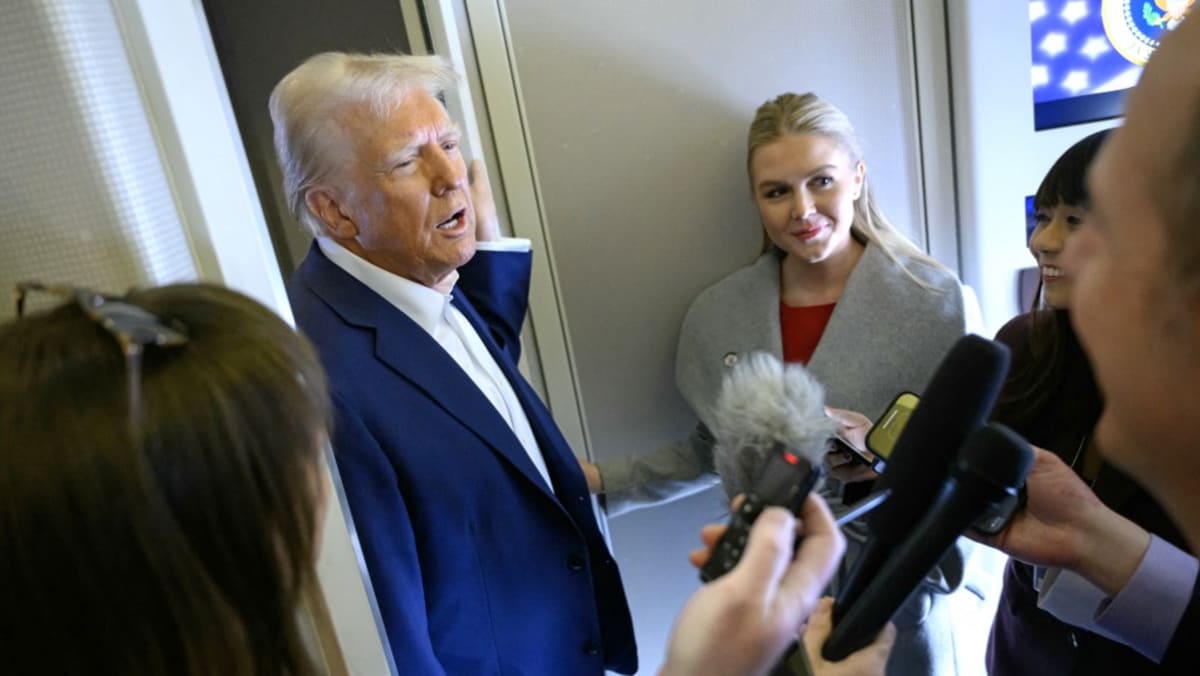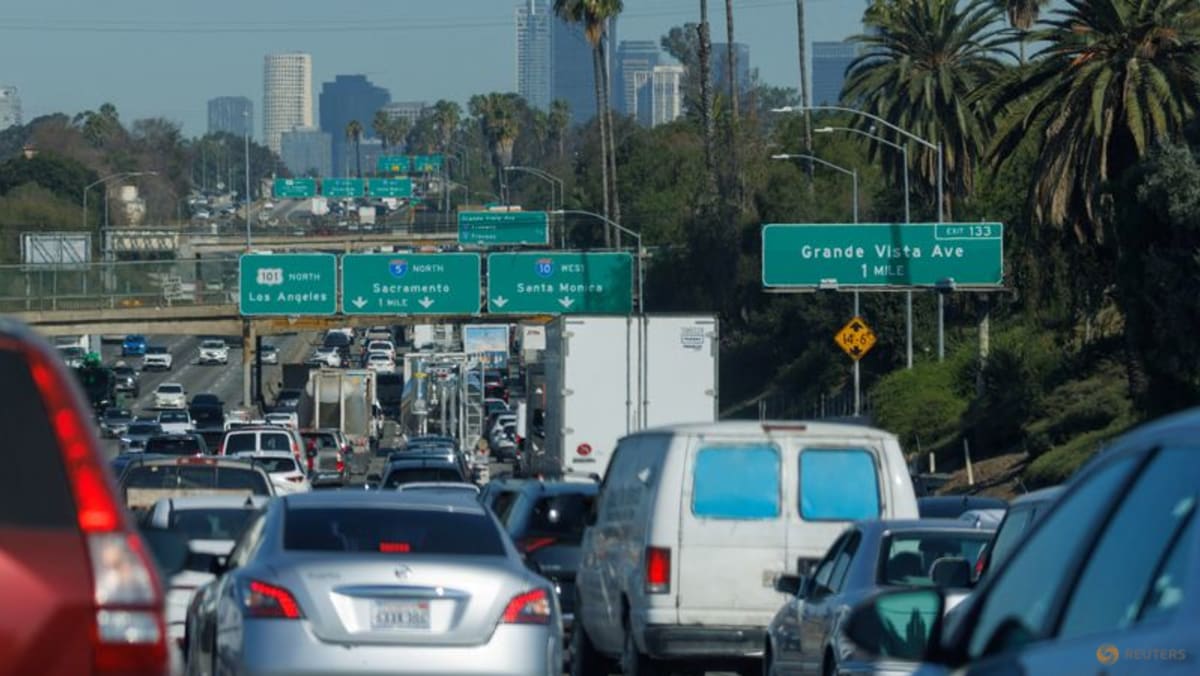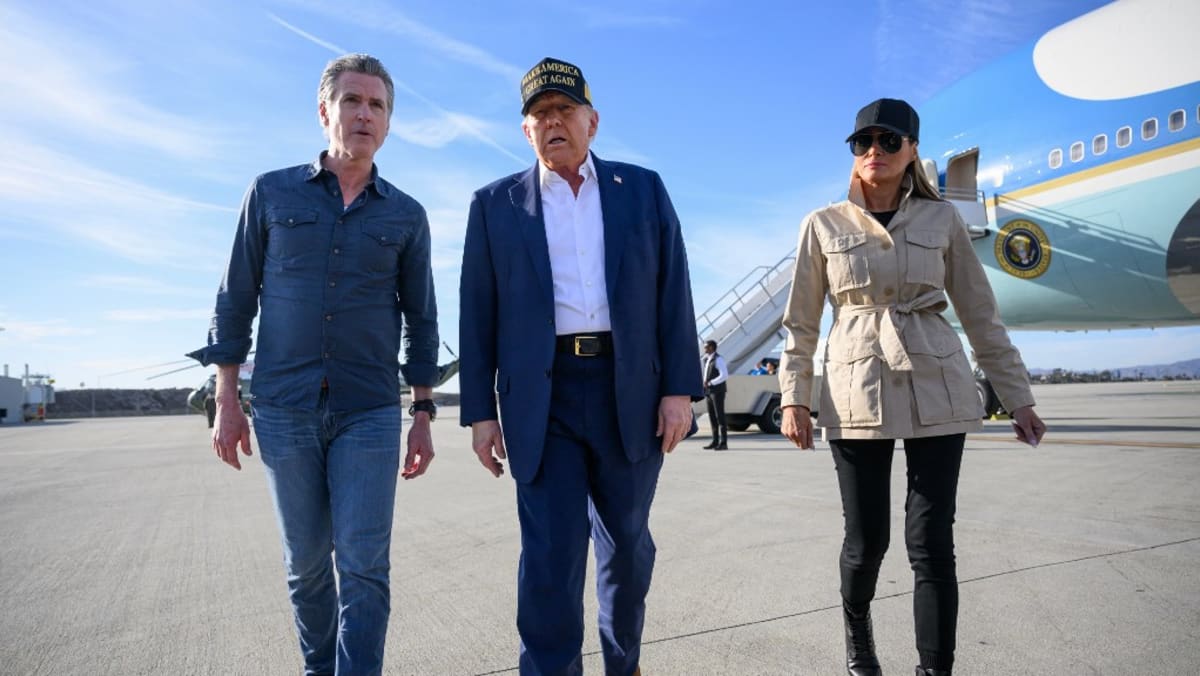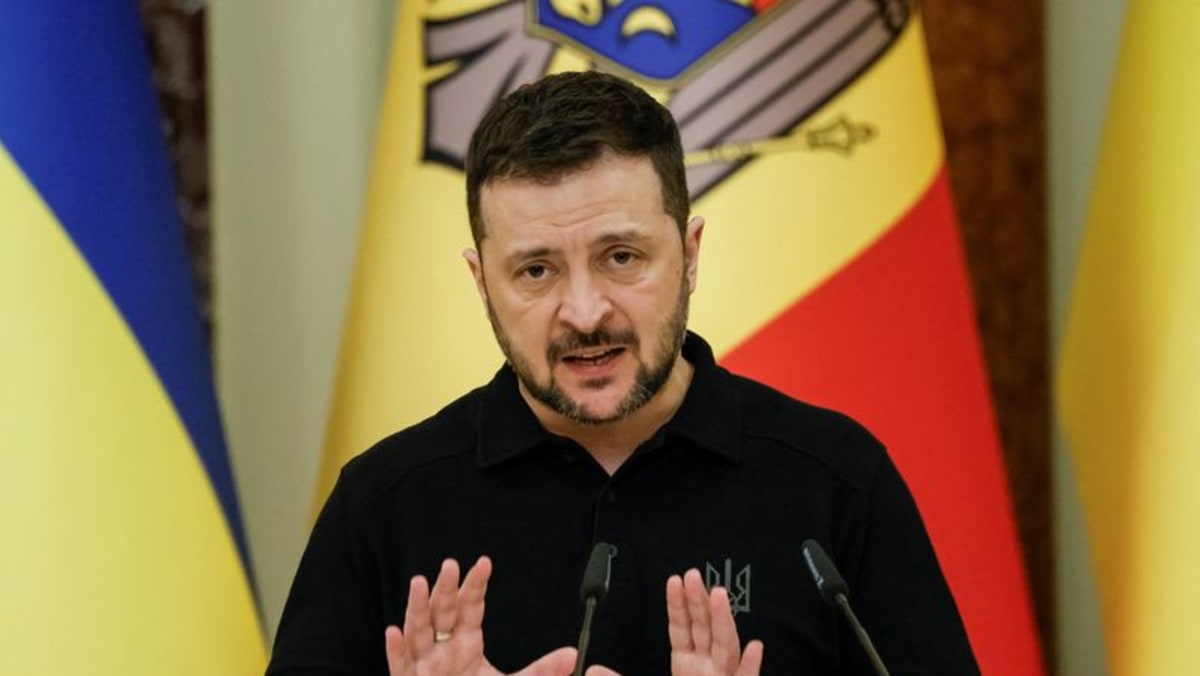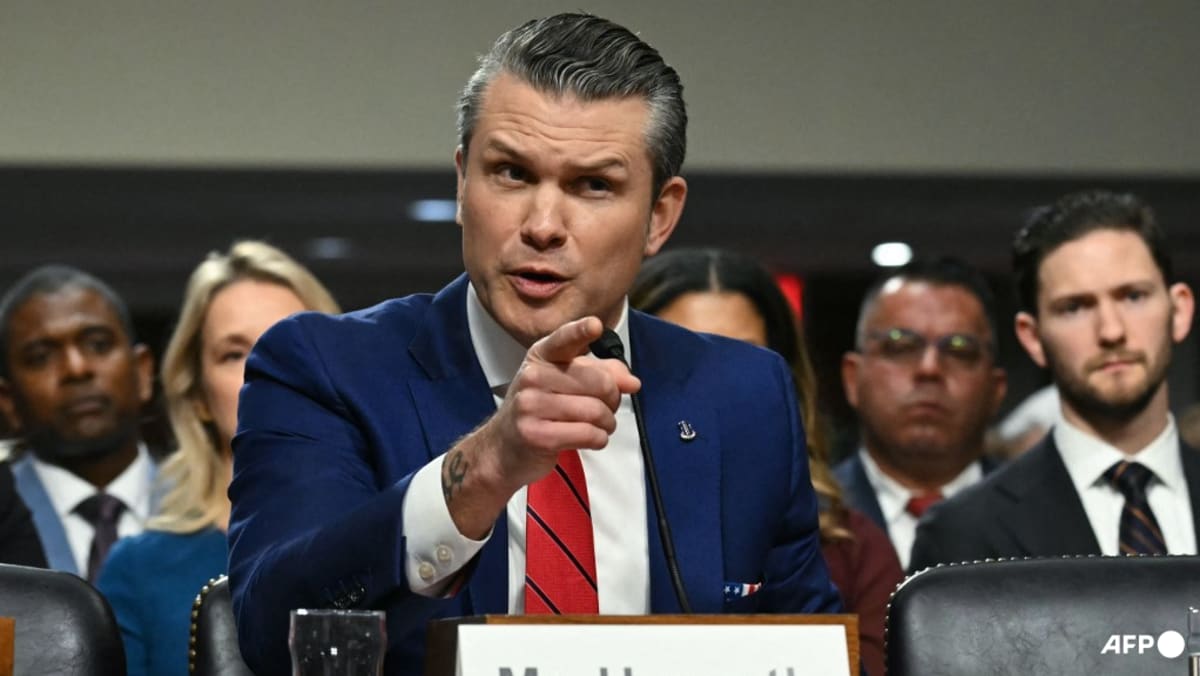President Donald Trump’s administration asked the US Supreme Court on Friday (Jan 24) to put on hold planned arguments in a bid by fuel producers to challenge California’s standards for vehicle emissions and electric cars under a federal air pollution law.
The new Republican administration also made similar requests in three other cases involving the actions of federal agencies, giving an early indication that it will take a fresh look at a number of legal issues before the court and potentially change positions from Trump’s Democratic predecessor Joe Biden.
The expected changes in the government’s position may be a closer ideological fit for the Supreme Court’s 6-3 conservative majority, which includes three justices appointed by Trump.
The dispute over California vehicle standards centres on an exception granted to that state in 2022 by the US Environmental Protection Agency during Biden’s presidency to national vehicle emission standards set by the agency under the landmark Clean Air Act anti-pollution law.
Though states and municipalities are generally preempted from enacting their own limits, Congress let the EPA waive the preemption rule to allow California to set certain regulations that are stricter than federal standards.
In asking the Supreme Court to pause the case, Acting Solicitor General Sarah Harris said in a filing, “After the change in administration, EPA’s acting administrator has determined that the agency should reassess the basis for and soundness of the 2022 reinstatement decision.”
The EPA’s action reinstated a waiver for California to set its own tailpipe emissions limits and zero-emission vehicle mandate through 2025, reversing a 2019 decision during Trump’s first term in office rescinding the waiver.
Valero’s Diamond Alternative Energy and related groups challenged the reinstatement of California’s waiver, arguing that the decision exceeded the EPA’s power under the Clean Air Act and inflicted harm on their bottom line by lowering demand for liquid fuels.
The US Court of Appeals for the District of Columbia Circuit threw out the lawsuits, finding that Valero and the states lacked the necessary legal standing to bring their claims.
Harrison told the Supreme Court that the EPA’s reassessment of the matter “could obviate the need for this court to determine” whether the challengers have legal standing.
The Supreme Court has taken a sceptical view toward expansive authority for federal regulatory agencies, and has restricted the powers of the EPA in some important rulings in recent years.
In June, the court blocked the EPA’s “Good Neighbor” rule aimed at reducing ozone emissions that may worsen air pollution in neighbouring states. In 2023, the court hobbled the EPA’s power to protect wetlands and fight water pollution. In 2022, it imposed limits on the agency’s authority under the Clean Air Act to reduce coal- and gas-fired power plant carbon emissions.
On Monday, his first day back in office, Trump said in an executive order that he was seeking the repeal of a new waiver granted to California in December by the EPA allowing the state to end the sale of gasoline-only vehicles by 2035. That rule has been adopted by 11 other states.
Trump said the EPA should terminate “where appropriate, state emissions waivers that function to limit sales of gasoline-powered automobiles.”
